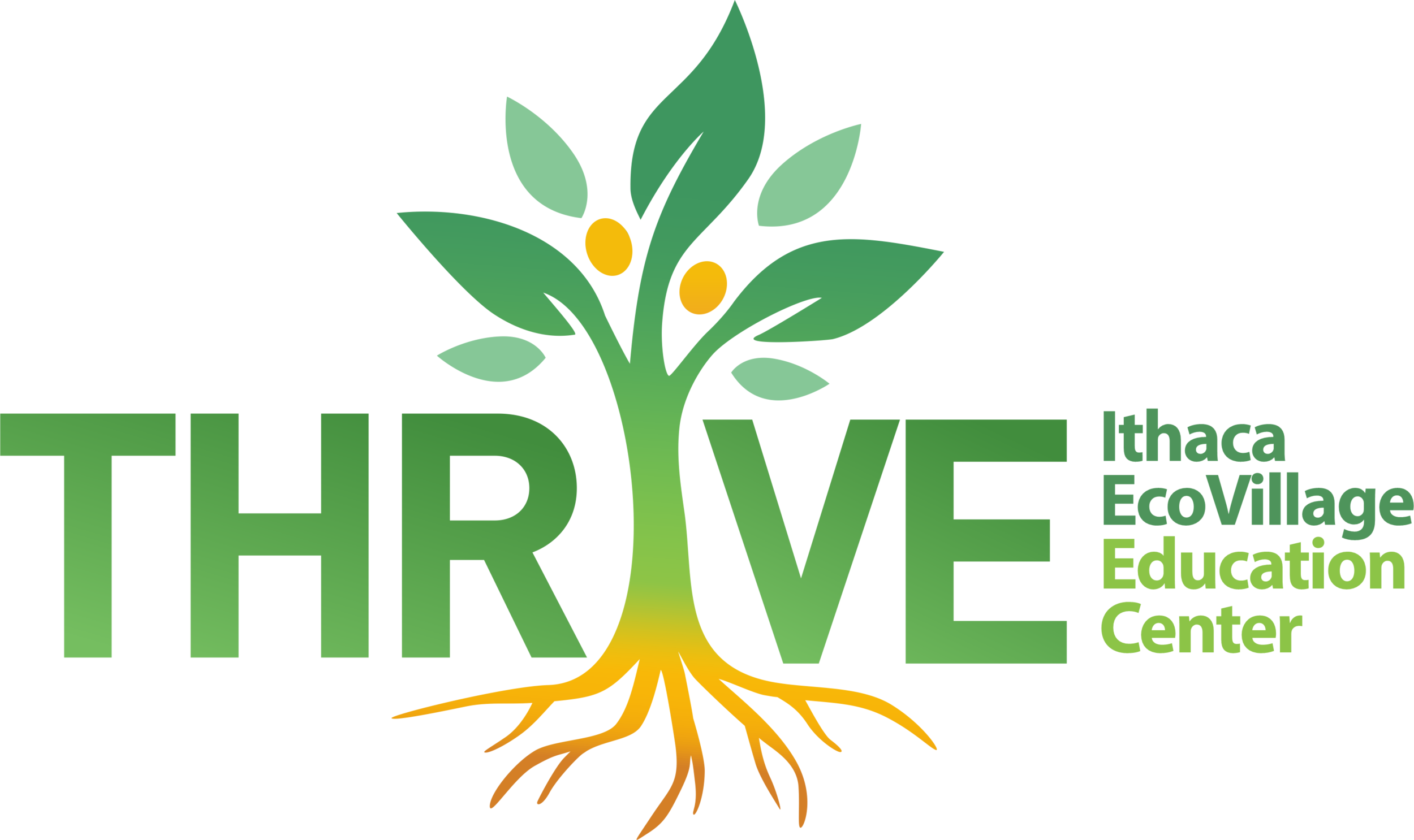Re-Educating Ourselves for a Better World
New Roots students working on the Cayuga Wetlands Restoration Project. (Image from Tina Nilsen-Hodges)
In 2018, one 15 year-old girl from Sweden decided to skip school and sit outside the Swedish parliament building in protest of the government’s inaction on climate change. In the few years since then, Greta Thunberg has come to be seen as a leader in the global youth climate movement. Like Greta, thousands of youth around the world have gathered to march and take action, demanding that world leaders and policymakers take climate change seriously.
Science has given us the evidence: 97 percent of climate scientists agree that climate change is happening and that humans are the primary cause. So, why must the youth continue to force us to confront reality? Tina Nilsen-Hodges, EcoVillage resident and founder of New Roots Charter School, believes that a faulty educational system is to blame for the disconnect between humans and the environment.
Our conventional education system teaches us about the world in a very disconnected way: subjects like history, social science, and natural sciences are taught in isolation. We are taught to think of ourselves as individuals divorced from the natural world rather than parts of an interconnected living system. Because we believe that we are separate from the natural world, we feel no responsibility for caring for it. Due in part to Greta’s example, there is a growing recognition of the power of the youth to advocate for their own future. But a paradigm shift in education is needed if the next generation is to be truly empowered.
A New Way of Learning
When Tina moved to the EcoVillage in 2002, she was looking for a community that shared her passion for sustainability education, and she found many like-minded people at the EcoVillage. The New Roots Charter School, established in 2009, was born out of these partnerships as well as Tina’s years of experience as a teacher at small, innovative and progressive schools.
Today, Tina is principal at New Roots Charter School and continues to work to shift our educational system towards an integrated ecological mindset. As an educator and parent, she is driven by a sense of urgency to prepare young people for life in a changing world. Youth today are facing an era of unprecedented environmental and social crises, and the conventional educational system simply cannot provide them with the skills they will need to navigate this uncertain future.
Education for Sustainability
New Roots Charter School is an independent public charter school in Ithaca, NY, and all students must meet the New York State high school graduation requirements and take Regents Exams. What makes New Roots unique, however, is its interdisciplinary, project-based curriculum. As a leader in the Green Schools National Network, New Roots applies a Education for Sustainability (EfS) approach and strives to form leaders who will create the environmentally and socially sustainable communities of tomorrow. Beginning with classes in the indigenous history of the region and continuing up to the environmental challenges we face today, students learn to see themselves as part of an interconnected system and realize the impact that their actions can have on the physical world.
The Cayuga Wetlands Restoration Project is one example of a student-driven project that teaches students to address environmental problems in their community. Inspired by wisdom from Chief Samuel George of the Cayuga Nation, students began to replant wetlands along the shorelines of Cayuga Lake, cleaning the water of toxins and preventing toxic algae blooms. Hands-on projects like these not only prepare students for college, but provide them with the “soft skills” of teambuilding, cooperative decision making, and critical thinking which will be vital to success in their careers.
Rethinking Our Relationship With the Planet
While New Roots Charter School trains the next generation of sustainability leaders, all of us - no matter our age - must continue to “re-learn” our relationship with the planet and our neighbors. Tina believes that experiential learning is just as essential for adults as it for young people. Workshops and experiences like those offered through the Ithaca EcoVillage’s Thrive Education Center for example, offer adults an opportunity to reimagine a more sustainable lifestyle and bring back “seeds of learning” to their communities. Tina sees personal wellbeing as the heart of education for sustainability. Ultimately, change is only possible if we are working from a place of personal fulfillment and purpose.

